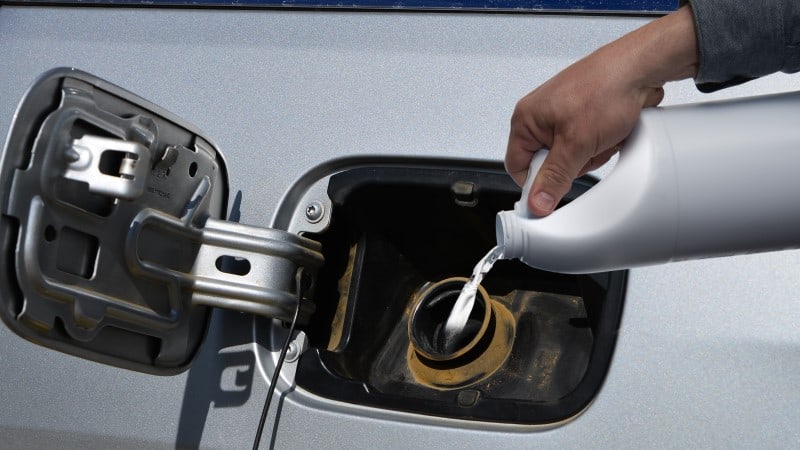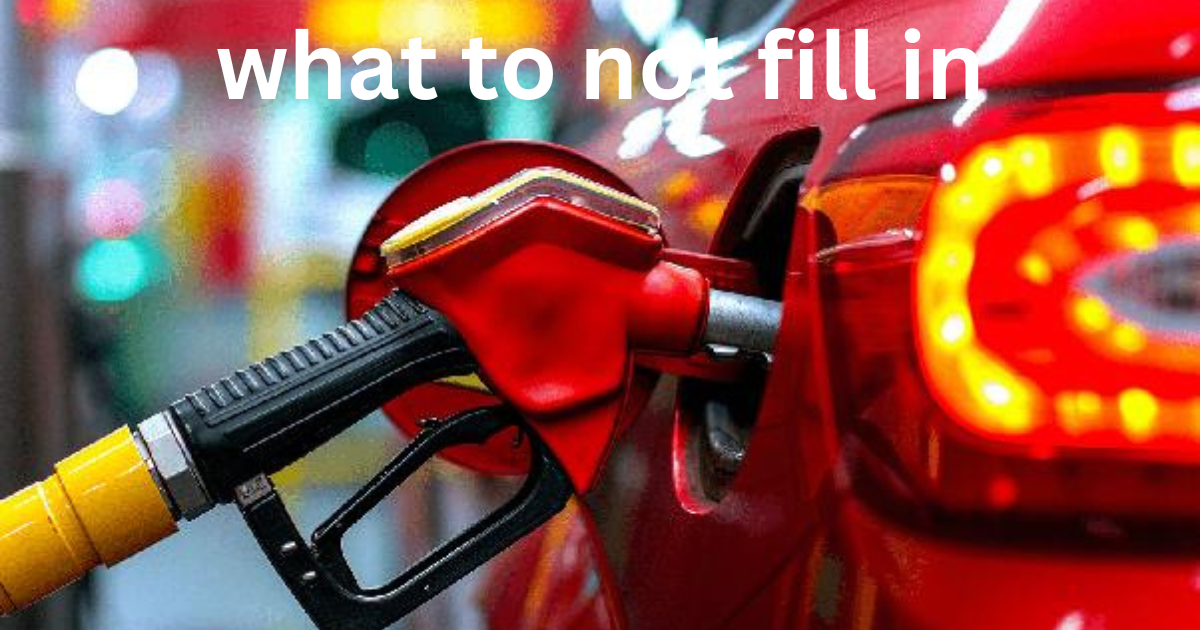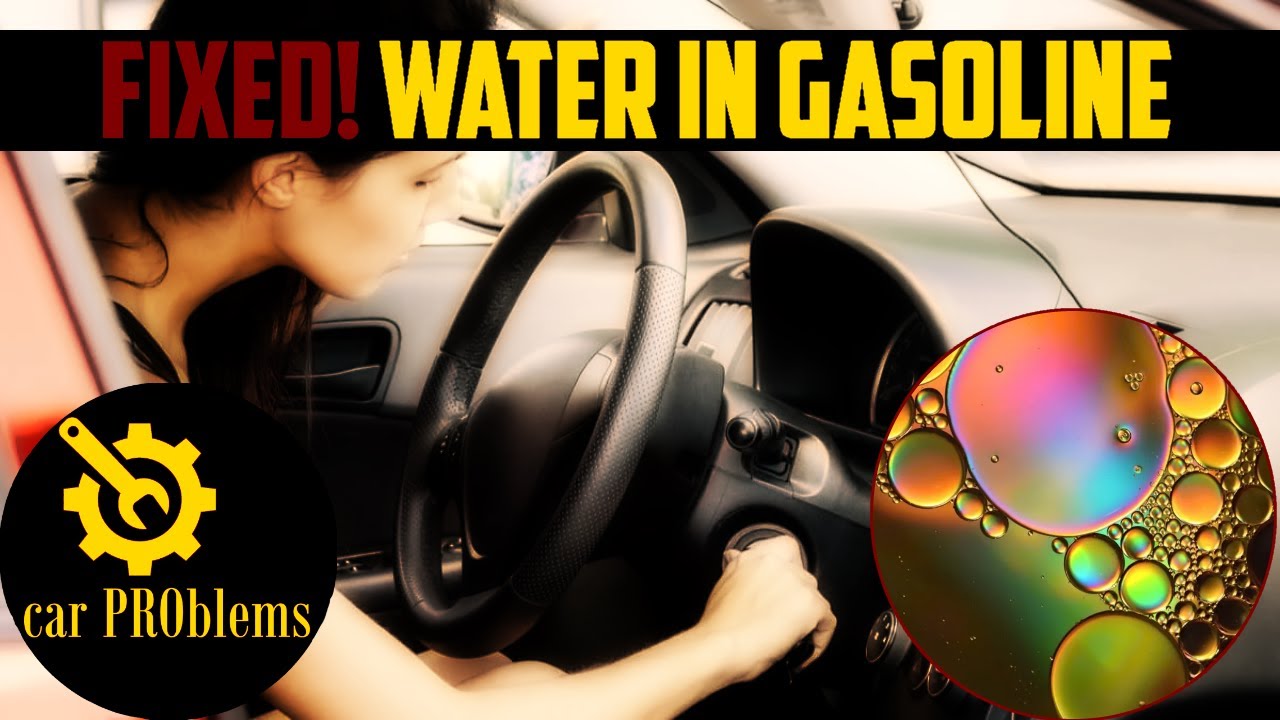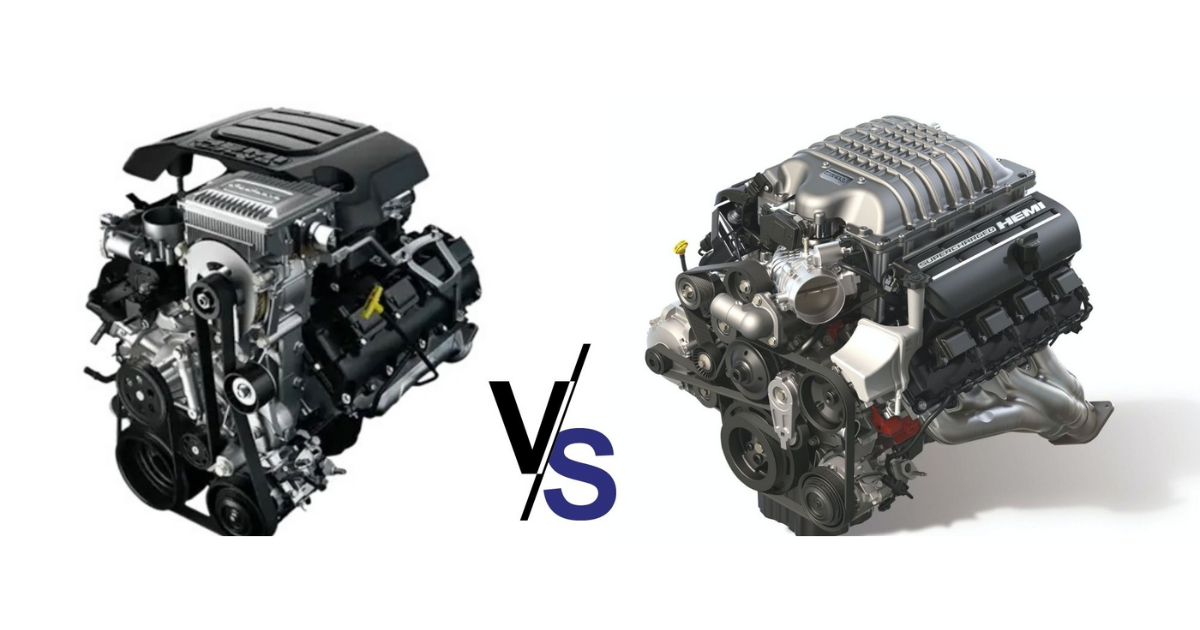Among the many complex mechanical systems that we come across on a daily basis, the internal combustion engine stands out. The moving components of an engine are put together with extreme precision, to within tenths of an inch. The fact that using fuel that isn’t engine-specific will inevitably lead to engine failure is, thus, not surprising.

What To Put in a Gas Tank To Ruin an Engine
Sugar
Only direct injection engines should have sugar added to the gas tank. That includes petrol engines produced after around 2015 and almost all diesel engines produced after 2000. The insolubility of sugar in gasoline is the key to its effectiveness. And contrary to popular belief, sugar will still make it past the fuel filter and into the engine’s fuel system.
The direct injection high-pressure fuel pump, not the engine, is the primary focus here. There are moving parts inside the high-pressure gasoline pump, making it an incredibly delicate component. If we put sugar into it, the sugar will wear out those parts. The next thing you know, almost minuscule metal shavings will make their way into the gasoline system.
The gasoline pump, however, will stop working after only fifteen to twenty minutes of driving, necessitating an additional sixty to eighty dollars in repairs. The problem is that the new fuel pump will also be destroyed by the minute metal shavings in a few days after installation.
The only way to fix this is to take out the fuel system, which includes the fuel rail, injectors, pumps, pipes, and everything in it. And you still might not get rid of every last bit of dirt and grime from them, no matter how meticulously you clean them. The repair expense for a gas tank full of sugar will be at least $1,500, and probably closer to $2,500 to $3,500.
Water
Put water in a gas tank, and it will completely destroy the engine. Putting water in a gas tank will destroy an engine for reasons other than its great corrosion resistance. Engines work by compressing the air-fuel combination inside the combustion chamber. Pistons do this work, and the engine is basically just a piston air pump. Plus, the atomized fuel and air may be compressed, so that’s a plus. But water isn’t. They won’t be able to turn over when water gets into the cylinders, such when the automobile becomes flooded. Here we go again: water just can’t be compressed.
You can start the car by adding water to the gas tank, as the water has not yet reached the engine. However, pistons will hit water and lock up in a running engine. However, the engine won’t just stall because of how fast they’ve been going. Instead, things like cracked pistons, bent connecting rods, a broken crankshaft, etc., will happen. What it really implies is that the engine will be completely destroyed within minutes.
Bleach
The list begins with bleach, an oxidizing agent. Bleach isn’t the greatest oxidizer, but it will work; oxidizers hasten the oxidation of metals. Put simply, accelerate the rusting or corrosion of metals. Metal rusts considerably more rapidly when heated, which will aid bleaching even more. Even while it takes longer for bleach in gas than sugar or water to destroy an engine, the entire process still won’t last more than fifteen to twenty minutes of driving.
The cylinders, pistons, valves, and any other moving parts that come into contact with bleach in the combustion chamber will corrode and eventually seize up. If the engine seizes up, the vehicle is considered a total loss. After that point, the engine is practically useless and destined for the scrap heap.
Coca Cola
Another easily accessible liquid that can be poured into a gas tank to cause trouble is Coca-Cola. But if you want to annoy someone and make them pay a lot for repairs, Coca-Cola isn’t the way to go. This is due to the fact that, in contrast to sugar, Coke does not lock up engines, accelerate oxidation, or damage fuel pumps. However, after only ten to fifteen minutes of driving, Coke will muck up the entire gasoline system, leaving the driver stranded.
Furthermore, it is highly unlikely that the mechanics will remove all traces of Coke from the vehicle once it has been towed to the shop. A new fuel pump, rail, and injectors will be the items they insist you purchase instead. That alone will put them out at least $1,000, and that’s before they even consider clearing the remainder of the system, which will add another $500. In addition to everything else, it will take at least two or three days to complete the task from start to finish, including sourcing all the parts.
Hydrogen Peroxide
We have previously covered the topic of the oxidizing effects of bleach on engines. You should use hydrogen peroxide if you want to damage the engine completely and leave no room for mistake. Another quick way to destroy an automobile engine is with hydrogen peroxide. Hydrogen peroxide is the most effective oxidizer for engine seizing out of all the options here. Plus, hydrogen peroxide is widely available at drugstores and larger supermarket chains like Walmart.
Also, to reiterate: if you put hydrogen peroxide into a gas tank, the engine’s internal parts (cylinders, pistons, and valves) would corrode at a rapid rate and eventually stop working within fifteen to twenty minutes. Damage to the engine might be severe, and the cost to fix it could be as high as the cost of a new engine plus $1,000 to $1,500 for labor.

Conclusion
You can’t put the wrong gas in a gas tank and expect it to not break down. Picking one of the fluids or substances from our list is the best bet if you’re looking for the fastest and most efficient technique to destroy it. Therefore, use water or bleach if you would like to leave little to no evidence. Sugar or hydrogen peroxide will suffice if the evidence is not a worry. Finally, you can use Coca-Cola if you would rather have a hefty repair bill than a destroyed engine





